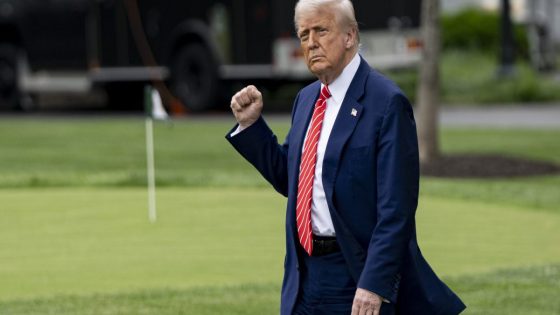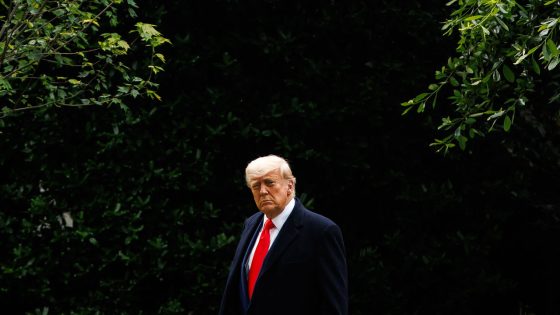Stock markets dipped recently as tensions escalated between the U.S. and China over trade agreements. On June 2, 2025, President Trump accused China of violating the Geneva trade agreement, prompting a sharp response from Beijing.
- Stock markets react to Beijing's response to Trump
- China counters U.S. trade violation claims
- Tariff truce faces new threats from both sides
- U.S. accused of violating trade agreements
- China rejects allegations of trade truce violations
China firmly rejected these allegations, asserting that the U.S. is undermining international consensus. As both nations exchange threats, the fragile tariff truce appears increasingly at risk, raising concerns for American investors and consumers alike.
As the trade war heats up, one key question arises: What will be the long-term impact on the U.S. economy? With both sides trading accusations, the situation remains volatile. Key points include:
- Stock markets are reacting negatively to the heightened tensions.
- China claims the U.S. is the real violator of the trade truce.
- American consumers may face increased tariffs on goods.
As negotiations continue, it’s crucial for both nations to seek a resolution. The future of international trade hangs in the balance, and swift action may be necessary to prevent further economic fallout.































